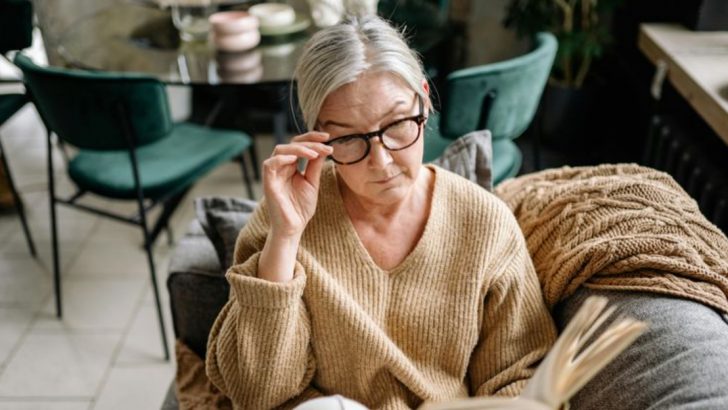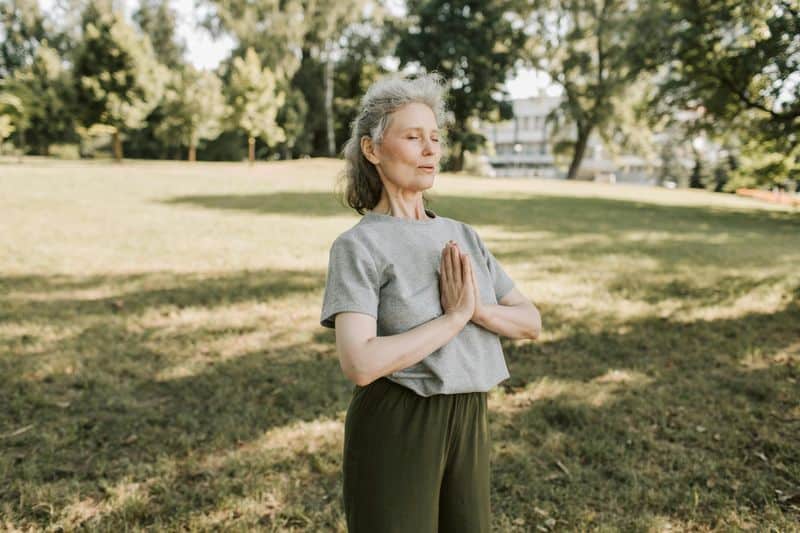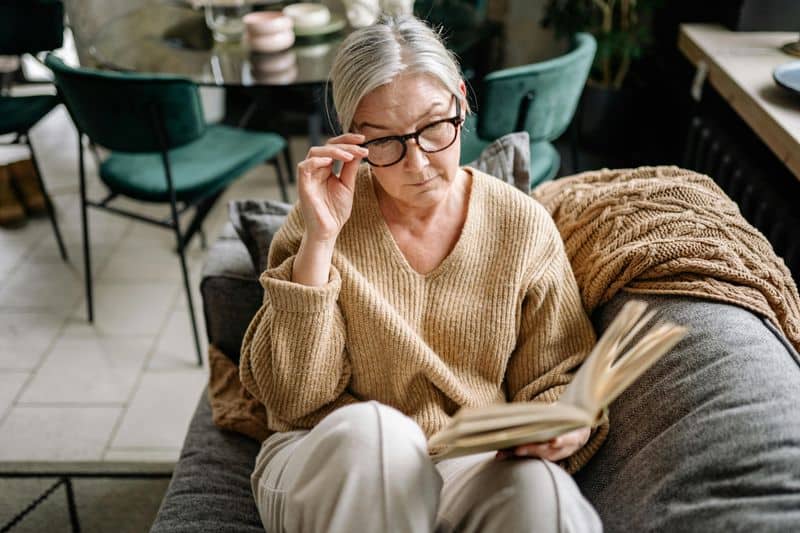As we get older, many of us find ourselves pulling away from social gatherings we once enjoyed. This shift toward more solitary living isn’t just imagination – it’s a common pattern that happens for very real reasons.
Understanding why older adults sometimes prefer their own company can help families support their loved ones better and help us prepare for our own future social needs.
1. Health Challenges Create Barriers
Joint pain makes dancing impossible. Hearing loss turns group conversations into frustrating guessing games. Chronic fatigue leaves little energy for evening gatherings.
When bodies begin to struggle, social activities that were once enjoyable become sources of anxiety or discomfort. Many older adults choose to avoid situations that highlight their physical limitations rather than explain their conditions repeatedly to others.
The medication schedules and dietary restrictions that often accompany aging can further complicate social plans, making spontaneous outings difficult to manage.
2. Grief Reshapes Social Circles
Losing a spouse after decades together leaves an emptiness no casual friendship can fill. Friends from your generation begin to disappear one by one, each funeral harder to attend than the last.
The shared history that made conversation flow easily with longtime friends cannot be quickly rebuilt with new acquaintances. Many older adults find themselves surrounded by people who don’t remember the cultural touchstones that shaped their lives.
Social gatherings can trigger painful reminders of those missing from the table, making solitude feel safer than navigating waves of unexpected grief in public.
3. Retirement Removes Built-in Connections
Monday morning coffee chats with coworkers vanish overnight. The routine of seeing familiar faces five days a week suddenly ends. Your professional identity – often built over decades – disappears when you clean out your desk.
Without the structure of work, many retirees must rebuild their social lives from scratch. This takes energy and initiative at exactly the time when many feel entitled to rest.
The workplace provided not just colleagues but a shared purpose and regular conversation topics. Without these natural social scaffolds, many older adults struggle to maintain the same level of social engagement.
4. Fixed Incomes Limit Social Options
Restaurant prices keep climbing while pension checks stay the same. Concert tickets that once seemed reasonable now feel like luxury items. Even the cost of gas to visit friends across town becomes a budgeting decision.
Many retirees find themselves declining invitations not from lack of interest but from financial necessity. The embarrassment of being unable to reciprocate hospitality or split checks evenly can lead to avoiding social situations altogether.
Free community activities exist but often require transportation, which presents another expense for those on tight budgets. The financial squeeze gradually narrows social possibilities until staying home becomes the default choice.
5. Growing Appreciation for Peaceful Solitude
After decades of noise and demands, silence becomes a luxury to savor rather than a void to fill. The constant compromises required in social settings start feeling more exhausting than energizing.
Many older adults discover that activities they truly enjoy – reading, gardening, crafting – are primarily solitary pursuits. The pressure to make small talk about topics that no longer seem important fades against the rich internal world they’ve developed.
Unlike younger people who may fear missing out, many seniors have satisfied their social curiosity and prefer quality connections over quantity. Their social withdrawal often reflects contentment rather than isolation.
6. Wisdom Makes Social Filtering Essential
Life experience teaches that not all relationships deserve equal investment. The political arguments at holiday dinners lose their appeal after you’ve witnessed them for six decades.
With age comes clarity about which connections truly matter and which drain precious energy. Many older adults consciously prune their social circles, focusing on relationships that bring genuine joy and support.
Time becomes more valuable when you have less of it ahead. Seniors often become more selective about how and with whom they spend their remaining years, creating what appears to be antisocial behavior but is actually careful curation.
7. Social Energy Reserves Deplete
Remember bouncing back from late nights in your twenties? That resilience fades gradually until social events require recovery days.
Many older adults discover they have a smaller “social battery” that discharges faster and takes longer to recharge. Family gatherings that span multiple days can become overwhelming rather than energizing.
The emotional labor of maintaining conversations, remembering details about others’ lives, and managing social niceties requires more effort with age. What looks like antisocial behavior often represents careful energy conservation by those who know their new limitations.
8. Technology Creates Communication Gaps
Group texts move too fast to follow. Social media platforms keep changing their layouts. Video calls freeze or echo, creating frustrating conversations.
As digital communication increasingly replaces face-to-face interaction, many seniors find themselves unintentionally excluded. The learning curve for new technology can feel insurmountable, especially when updates constantly change familiar functions.
Rather than repeatedly asking for help or appearing confused, many older adults withdraw from social connections that require technological fluency. The digital divide creates real barriers to maintaining relationships across generations.
9. Mental Health Challenges Intensify
Depression whispers that no one really wants you there anyway. Anxiety magnifies every social misstep into evidence you don’t belong. Memory lapses turn casual conversations into minefields of embarrassment.
Mental health issues often increase with age due to biochemical changes, medication side effects, and accumulating losses. The symptoms can create a vicious cycle where social withdrawal worsens depression, which further reduces social participation.
Many older adults lack access to mental health support or come from generations that stigmatized psychological treatment. Their increasing isolation may reflect untreated conditions rather than preference.
10. Sensory Changes Alter Social Experiences
Restaurants become torture chambers of indistinguishable noise. Movie theaters seem perpetually too dark to navigate safely. Even familiar faces become harder to recognize across a crowded room.
Age-related changes in hearing, vision, and other senses transform once-pleasant social environments into challenges. Many older adults avoid situations where they’ll need to repeatedly ask for clarification or risk inappropriate responses.
The sensory overload of modern social spaces – bright lights, background music, multiple conversations – can become overwhelming with age. What younger people perceive as antisocial behavior often represents adaptations to changing sensory processing.











